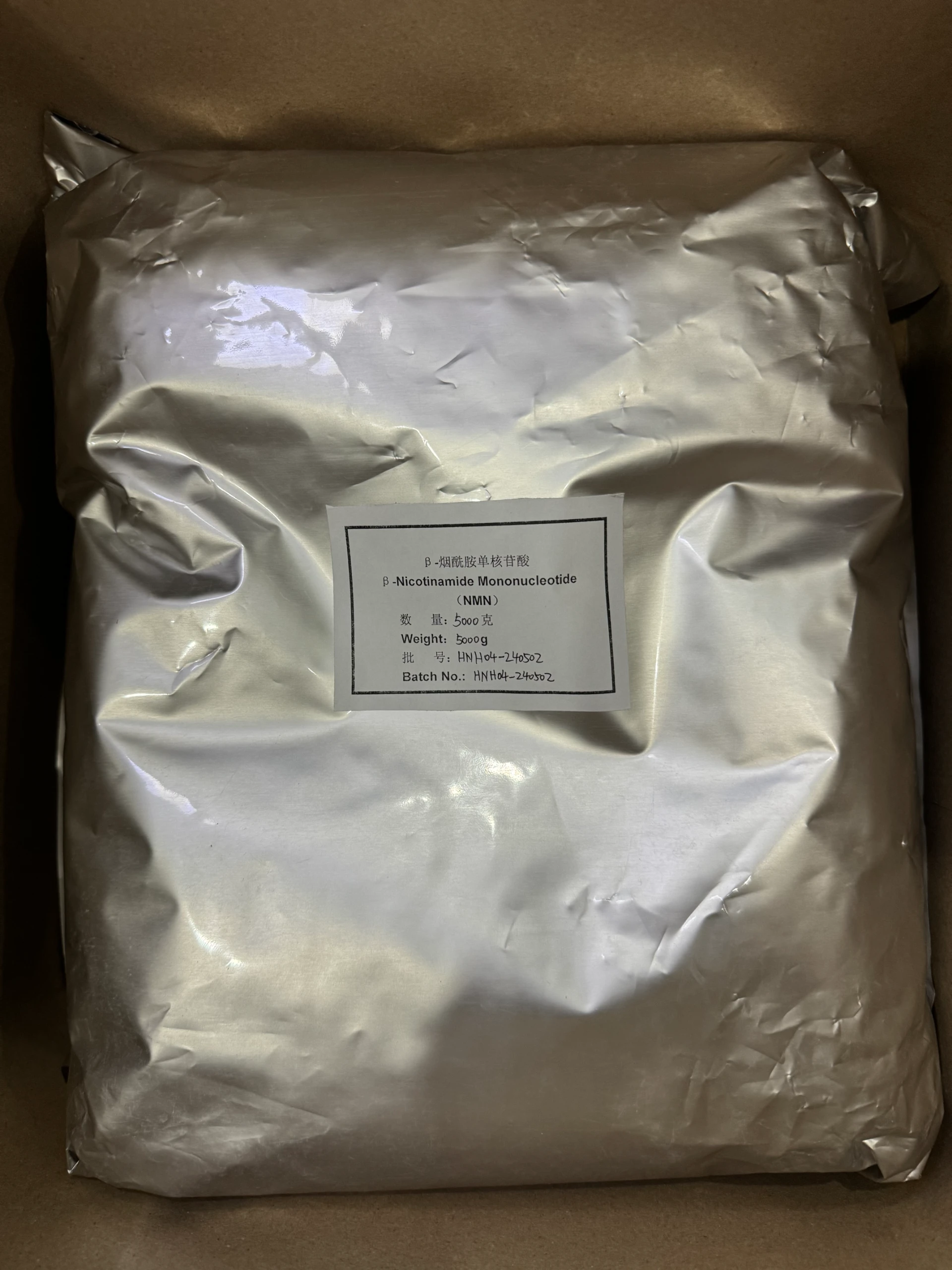The Importance of Nutritional Supplements A Comprehensive Guide
In today's fast-paced world, maintaining optimal health and wellness can be challenging. Many individuals struggle to meet their daily nutritional needs due to busy lifestyles, dietary restrictions, or simply lack of knowledge about nutrition. This is where nutritional supplements come into play, offering a convenient solution to bridge the gap between our food intake and the essential nutrients our bodies require.
Understanding Nutritional Supplements
Nutritional supplements encompass a wide array of products designed to enhance one’s dietary intake. They include vitamins, minerals, herbs, amino acids, and fatty acids, available in various forms such as tablets, capsules, powders, and liquids. The primary purpose of these supplements is to augment our diet, compensating for nutrients we may not be getting enough of from our food sources.
Why Consider Nutritional Supplements?
1. Dietary Deficiencies Many people do not consume a balanced diet, which can lead to deficiencies in essential vitamins and minerals. For instance, individuals who follow a vegetarian or vegan diet may struggle to obtain adequate levels of Vitamin B12, iron, and omega-3 fatty acids. Nutritional supplements can help fill these gaps, providing necessary nutrients that may be lacking in a person's diet.
2. Health Conditions Certain health conditions can increase an individual's need for specific nutrients. For example, pregnant women are often advised to take folic acid supplements to prevent neural tube defects in infants. Individuals with chronic illnesses or those recovering from surgery may also require additional vitamins and minerals to support healing and immune function.
3. Aging As we age, our bodies undergo various changes that can affect nutrient absorption. Older adults may require higher levels of certain vitamins, such as Vitamin D and calcium, to maintain bone health. Supplements can play a crucial role in ensuring that elderly individuals receive adequate nutrition.
4. Enhanced Performance Athletes and fitness enthusiasts often turn to nutritional supplements to enhance their performance, recovery, and muscle growth. Protein powders, branched-chain amino acids (BCAAs), and creatine are popular among those seeking to boost their exercise results. However, it is essential to choose supplements carefully and consult with healthcare professionals to ensure they are safe and effective.
Choosing the Right Supplements
nutritional supplements

With the vast array of nutritional supplements available on the market, it can be overwhelming to choose the right ones. Here are some tips to help you navigate this process
1. Consult a Healthcare Professional Before starting any supplement regimen, it’s crucial to speak with a doctor or registered dietitian. They can help you identify potential deficiencies based on your health status, lifestyle, and dietary habits.
2. Focus on Quality Not all supplements are created equal. Look for products that are third-party tested for quality and potency. Certifications from organizations like the U.S. Pharmacopeia (USP) or NSF International can provide assurance of a product’s purity and effectiveness.
3. Read Labels Carefully Always check the ingredient list and nutritional facts on supplement labels. Pay attention to recommended dosages, and be aware of any potential interactions with medications you may be taking.
4. Prioritize Whole Foods While supplements can be beneficial, they should not replace a healthy diet. Aim to consume a variety of whole foods—fruits, vegetables, whole grains, lean proteins, and healthy fats—to meet your nutritional needs first.
Risks and Considerations
Despite their benefits, nutritional supplements are not without risks. Overconsumption of certain vitamins and minerals can lead to toxicity, and some herbal supplements can interact with medications, potentially leading to adverse effects. Therefore, it is vital to approach supplementation with caution and knowledge.
Conclusion
Nutritional supplements can be a valuable addition to your health and wellness journey, aiding in filling dietary gaps and promoting overall well-being. However, it is essential to use them wisely and in conjunction with a balanced diet. By understanding your body’s unique nutritional needs and seeking guidance from healthcare professionals, you can make informed choices that support your health goals effectively. Remember, supplements are just that—supplements to, not replacements for, a healthy lifestyle. Embrace a balanced diet, stay active, and use nutritional supplements wisely to cultivate a strong foundation for lifelong health.

